8 GENERATIONS OF WINEGROWERS
Of Catalan origin, the Barsalou family is settled in the region of Narbonne since at least the 14th century. In 1609, André Barsalou is already known as a farmer in Peyriac-de-Mer, in the coastal edge of the Corbières. In 1818, his descendant Guillaume Barsalou, known as "the Elder”, moved to Bizanet to work the land. During the XIXth century, wine production became more and more important, growing at the very heart of the family history and heritage.
Barsalou Family
The fifth generation after Guillaume Barsalou "the Elder," Yves Barsalou has made a career in wine cooperation and agricultural finance. His wife, Claire, who comes from a line of winemakers, oversees the family lands. Eric and Jean-Yves, Yves and Claire's children, took over their parents' property in the 1980s. Supported by their wives, Dina and Sylvie, the two brothers worked to manage and expand the estate for over forty years.
Guillaume Barsalou
Guillaume Barsalou
A graduate in environment and landscape bioengineering, Guillaume, the son of Jean-Yves and Sylvie Barsalou, joined the family business in 2010. He continues to showcase the quality of his terroir and contributes to the development of exports.
Gilles Barsalou
Gilles Barsalou
After higher studies in international business, Gilles, the son of Eric and Dina, began his career in a prestigious Champagne company. In 2023, he returned to his roots before taking over the management of Les Domaines Barsalou two years later.
TEAM WORK
From the outwork in the vineyard, to the preparation of orders through all the wine-making process, a qualified team of experienced and multi-skilled professionals have helped Domaines Barsalou wines continue to grow and reach new audiences, to the satisfaction of fine wine and gastronomy lovers all over the world.
Vendemiaïres Aumèdes
While continuing the work of its predecessors, the current team of Domaines Barsalou fully participates in giving a new impetus to Languedoc viticulture. The daily professional efforts are focused on six fundamental principles:
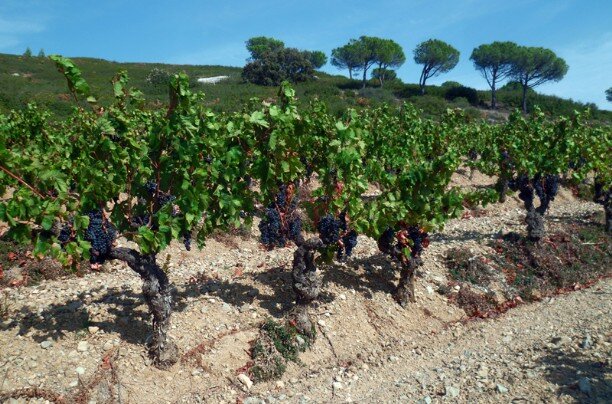
Tradition
Build on the experience of previous generations in order to adapt each gesture to the particularities of the terroir.
Malhol Barsalou
Permanence
Working with a long-term vision within the family company as well as with its partners.
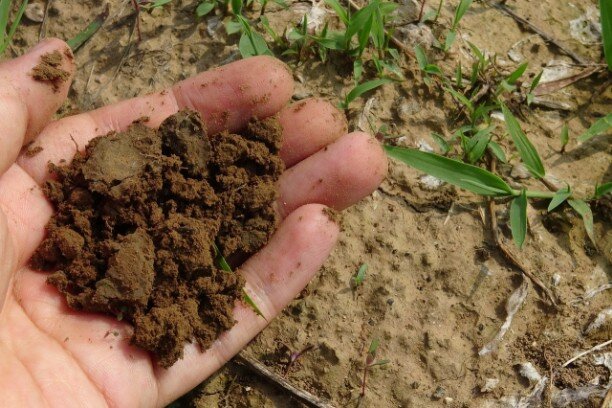
Science
Apply sustainable agriculture methods to preserve the vitality of the soil and minimize the impact on the environment.
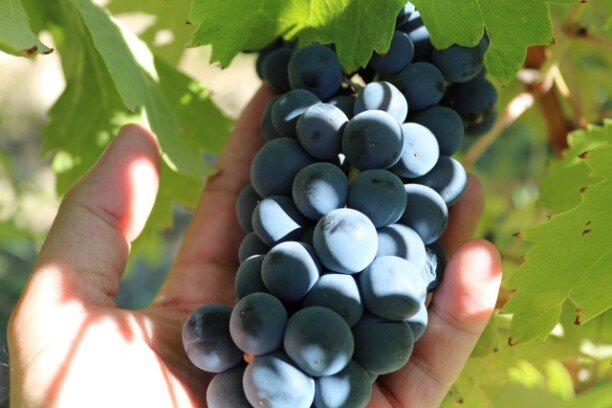
Origin
Guaranteeing the traceability of production, from the vine to the bottle.
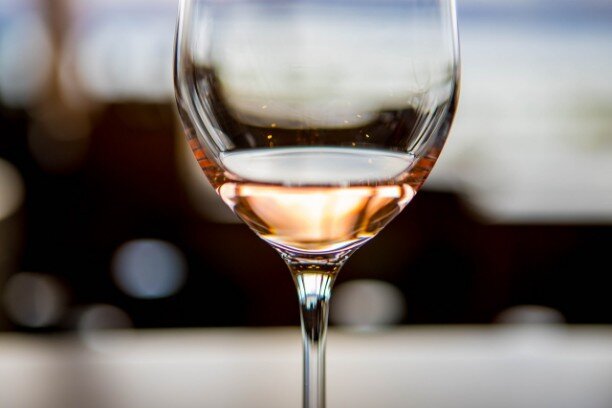
Authenticity
Seek Mediterranean expressiveness and balance for all wines.
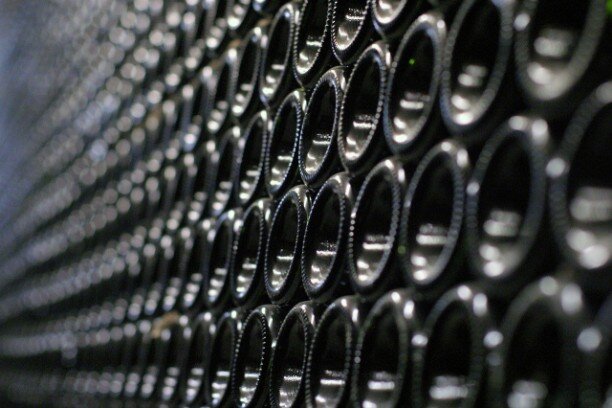
Constancy
Ensuring regularity in quality for each vintage.
The winemaking equipment is rigorously selected with the aim of producing wines with precision. Technical exchanges with internationally renowned wine specialists such as the Dubernet Laboratories and the master taster Éric Verdier help to give more finesse and character to the vintages. The pooling of wine knowledge and skills is a key factor for the continuity of qualitative progress.
HISTORY
For Languedocians, the vine, grape and wine are much more than just a job or a drink. They are part of an ancestral and cultural heritage that has shaped their civilisation and the landscape for centuries.
Bordered by the Mediterranean Sea, the Narbonnaise offers many high quality lands that men have managed for the cultivation of vines for more than two millennia. From Ancient Greek civilization, viticulture was established on the coast since the 5th century BC. The foundation of the Roman colony of Narbonne (Narbo Martius) in 118 BC aided and increased development. As a legacy of ancient viticultural know-how, the size of the goblet vine remains the most widespread. This technique which forms stocky and solid stocks, is particularly adapted to the windy regions.
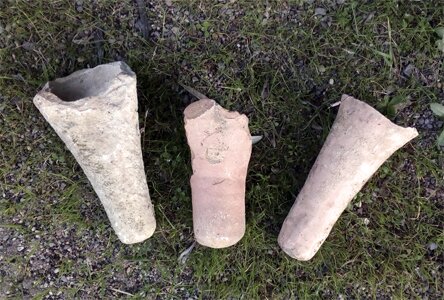
Feet of 1st century wine amphorae, Bizanet.
Following the Frankish conquest in the 8th century of Septimania (the name of the ancient Narbonnaise), the foundation of numerous abbeys and priories contributed to give a new boost to local viticulture. The monastic communities selected and propagated the Carignan, Grenache and Cinsault grape varieties, still widely cultivated today. From the 14th century, the region, which had regained a strong viticultural identity, began to be called "Lengadòc" or "Païs d'Òc" in reference to the Occitan language spoken by inhabitants.
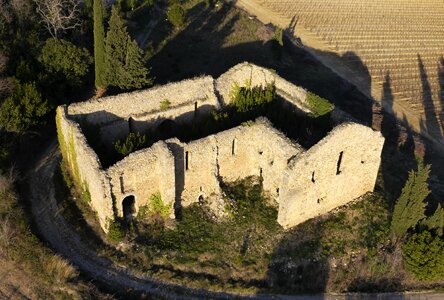
Priory of Saint Amans (Xth century.), Bizanet.
For two centuries, eight generations have passed on wine-making knowledge and an entrepreneurial spirit within the Barsalou family. After the phylloxera attack between 1882 and 1887, the whole vineyard was replanted thanks to the use of rootstocks of American origin resistant to this pest. During this time, demand for Languedoc wine grew rapidly on a national scale. In response to this, the winegrowers turned to monoculture. From the beginning of the 20th century, wines from family production were rewarded at the national agricultural competition in Paris.
Harvest in Bizanet, 1948.
Harvest in Bizanet, 1948.
From the 1960's, the restructuring of regional wine production began, Languedoc viticulture experienced a rapid improvement in quality. In 1974, Claire and Yves Barsalou acquired the Domaine de Saint Maurice estate, where they enlarged the winery. They continued the development of the family business with their two sons, Éric and Jean-Yves, by taking over the vineyard and the cellar of Château Villenouvette in 1981. The same year, they produced their first cuvée of rosé wine at Domaine de Saint Maurice.
Claire & Yves Barsalou
Claire & Yves Barsalou
Following the planting of new plots and the modernisation of the winery of Saint Maurice, in 1984 the family began to make white wine. While preserving the traditional Languedoc grape varieties, northern and western varieties were established on rootstocks tolerant to summer drought. Efforts for the renewal of the vineyard and the equipment of the cellars were continued in order to diversify the family production in appellation d’origine contrôlée (Protected designation of origin) ‘Corbières’ and ‘Languedoc’ as well as varietal Pays d'Oc wines. In 1996, a barrel cellar was set up on the original family property which takes the name of Château Aumèdes.
Planting of vines in the Château Villenouvette estate, 1995.
Planting of vines in the Château Villenouvette estate, 1995.
In 2006, Jean-Yves Barsalou created the Domaines Barsalou company, to develop new ranges of wine bottles and the export sales. Four years later, his son, Guillaume, joined him in this adventure. From French gastronomy to spicy Far East dishes, the Domaines Barsalou's wines came to meet different types of cuisine and flavours from all around the world. By 2019, the wines were imported in twenty countries.
Guillaume & Jean-Yves Barsalou
Guillaume & Jean-Yves Barsalou
In 2025, Gilles Barsalou takes over the company. In an economic context where the wine sector is facing multiple challenges, he deployes his commercial skills to meet the demands of a rapidly changing wine market. Gilles strives to assert the reputation of the family brand both in France and abroad.
Gilles Barsalou, CEO
Gilles Barsalou, CEO





